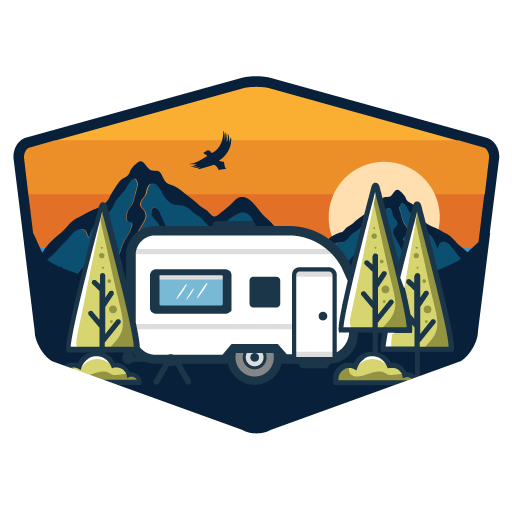
Choosing the Best Generator for Your RV
RV Lifestyle & Repair EditorsEvery RV model is a little bit different, whether in its shape, size, capabilities or maintenance requirements. What works for your friend’s RV might not work for yours; it’s all about assessing what you have and making the right choice for your model. That’s especially true for finding the generator you use to power appliances on your vehicle.
Selecting the best generator for your RV requires that you figure out just how much juice you’ll need to run the appliances you use throughout your travels. For instance, if you know you’re only going to need to charge your computer and your cell phone, a smaller portable option is going to be the best generator for your RV. Whereas if you’re traveling in peak summertime and you’ll be off the beaten path for a while, you’ll probably need the rooftop AC and a few major appliances, so the best generator for your RV might be a larger on-board model. In this lesson, we teach you how to choose the best generator for your RV and the specific needs of your trip.
How to Pick the Best Generator for Your RV
To help you figure out the ideal power supply for the appliances on your model, Dave Solberg walks you through the process of selecting the best generator for your RV. He talks about some of the ways you can determine how much power you’ll need to keep those appliances up and running, and then discusses what you should consider when searching for the best generator for your RV.
You’ll learn how to test the output required of common appliances and discover why a generator inverter might be necessary for the kind of appliances you plan on using. Dave also introduces the typical fuel sources you’ll find when you shop for a generator and tells you which is best for certain types of generators and RVs. Use these tips to determine the best generator for your RV, and you shouldn’t encounter any unexpected outages the next time you hit the road!
Share tips, start a discussion or ask one of our experts or other students a question.
Already a member? Sign in
One Response to “Choosing the Best Generator for Your RV”
Explore videos by RV Lifestyle & Repair Editors
Premium Membership
Unlock exclusive member content from our industry experts.
- 24/7 Access to Premium RV Maintenance Videos, Travel Inspiration, and Lifestyle Tips
- Step-by-Step Instructional Demos, Projects, and Guides
- 50% Off Video Downloads Purchased in the RV Lifestyle & Repair Shop
- Access to Ask the Expert Program
Unlock exclusive member content from our industry experts.
- 24/7 Access to Premium RV Maintenance Videos, Travel Inspiration, and Lifestyle Tips
- Step-by-Step Instructional Demos, Projects, and Guides
- 2 Full-Length Video Downloads to Watch Offline
- 50% Off Video Downloads Purchased in the RV Lifestyle & Repair Shop
- Access to Ask the Expert Program
Gold Membership
$333 Value
Get everything included in Premium plus exclusive Gold Membership benefits.
- 24/7 Access to Premium RV Maintenance Videos, Travel Inspiration, and Lifestyle Tips
- Step-by-Step Instructional Demos, Projects, and Guides
- 9 Full-Length Video Downloads to Watch Offline
- 2 Full-Length RV Repair Classes to Keep for Life
- Discounts on Purchase-to-Own Content in the RV Lifestyle & Repair Shop
- Access to Ask the Expert Program
- Exclusive GOLD LIVE Streaming Events
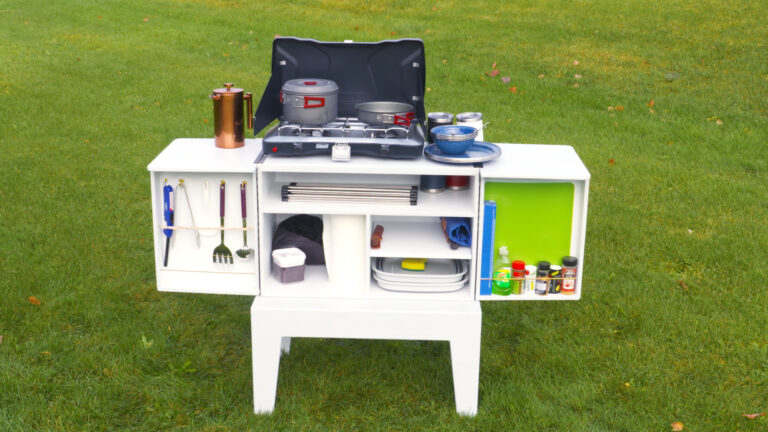
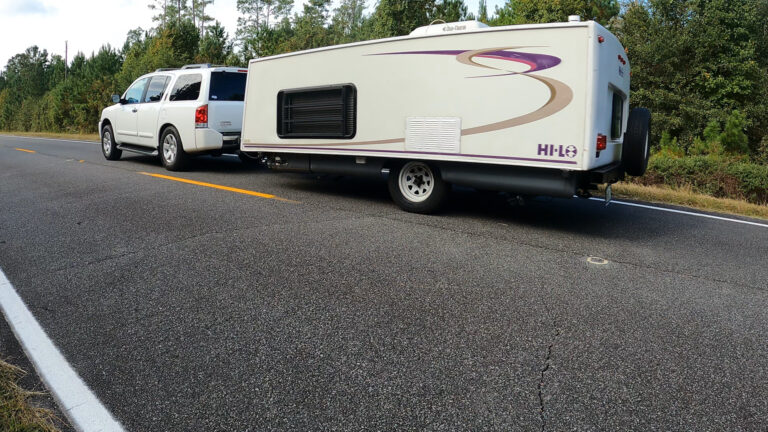
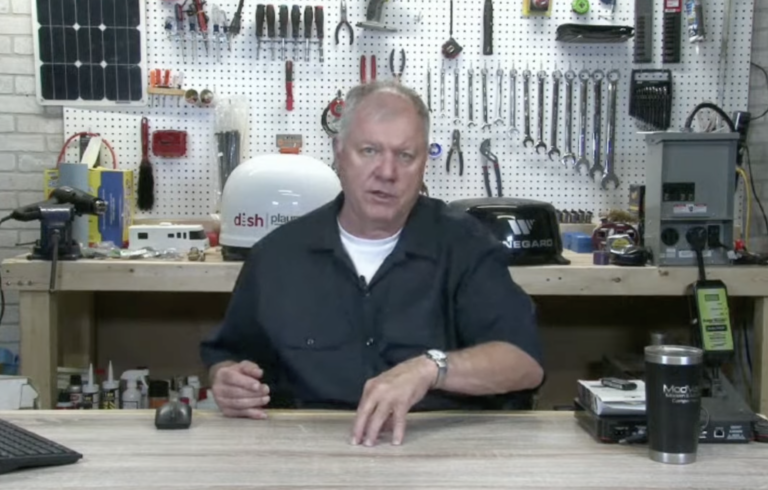
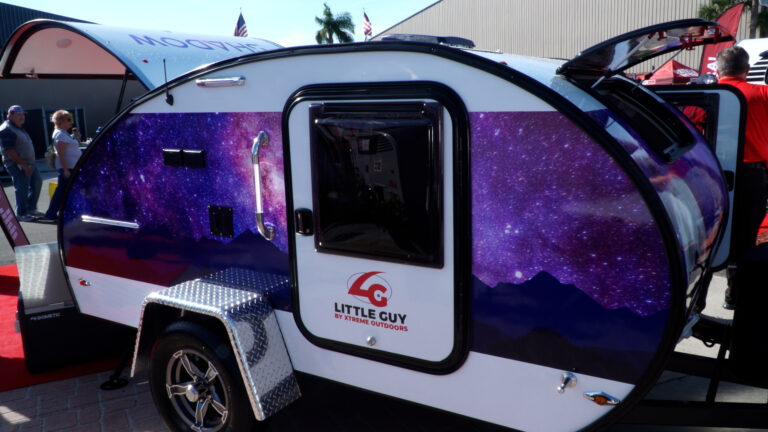
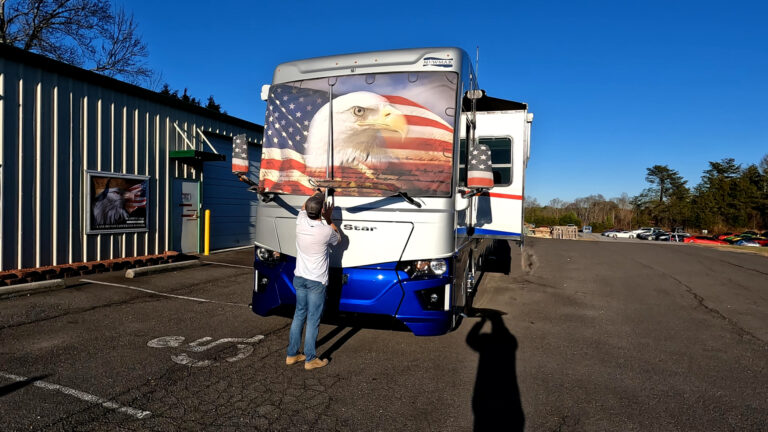
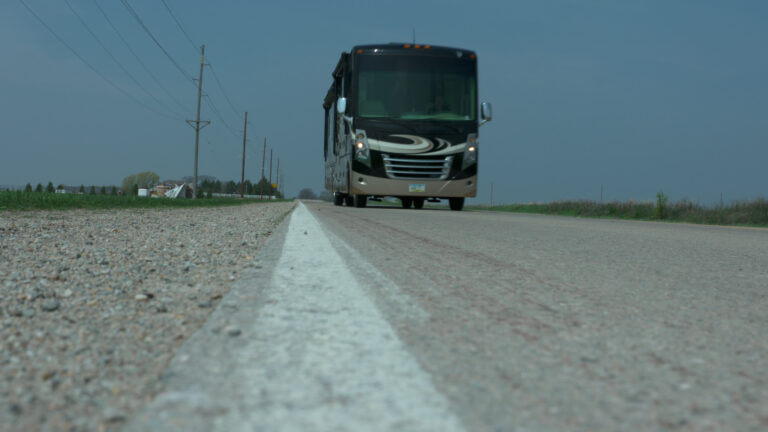
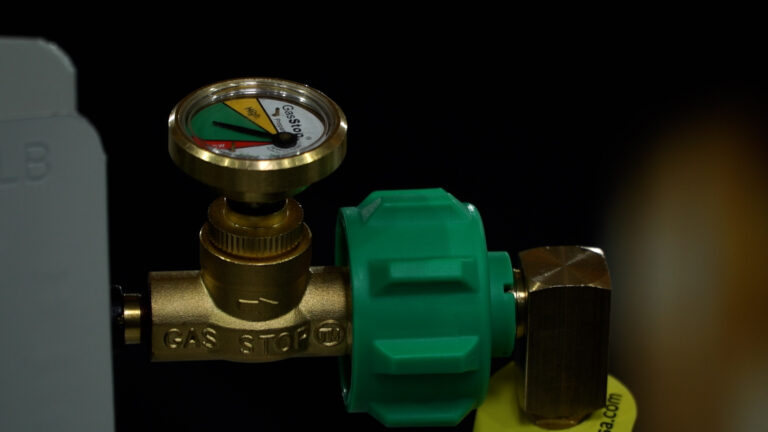

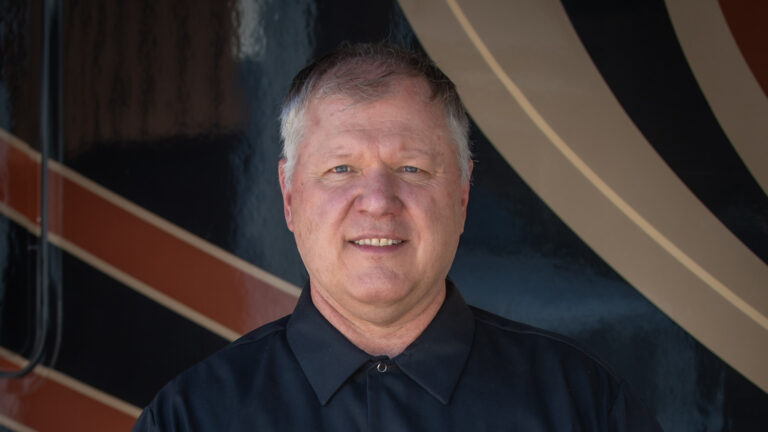

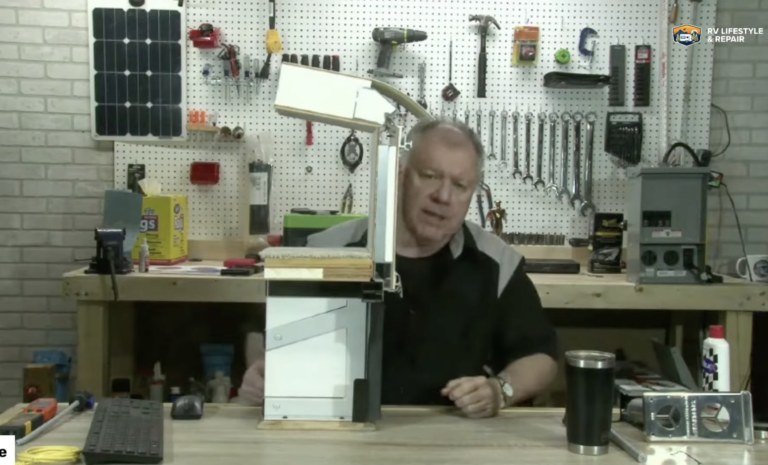
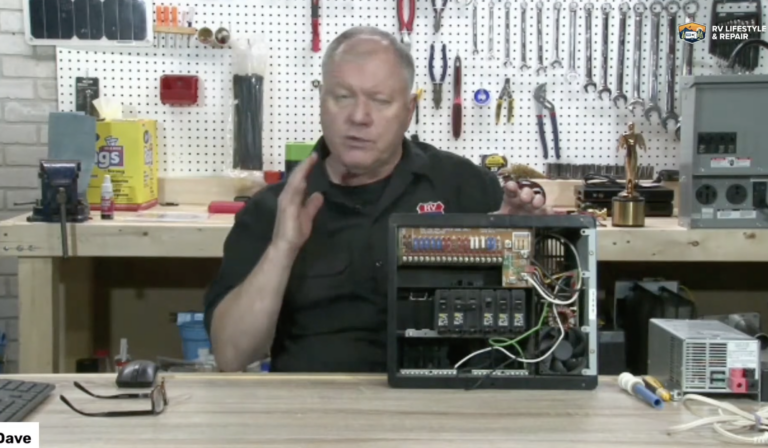
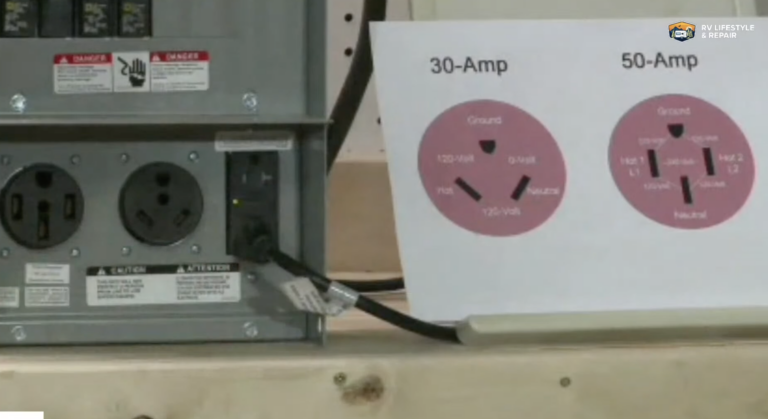

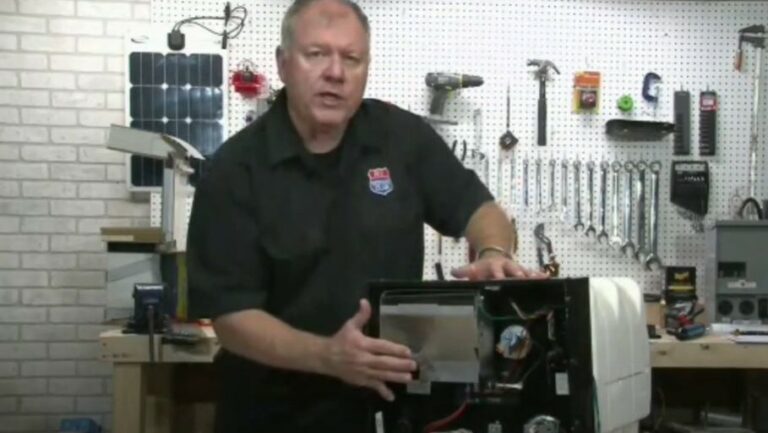
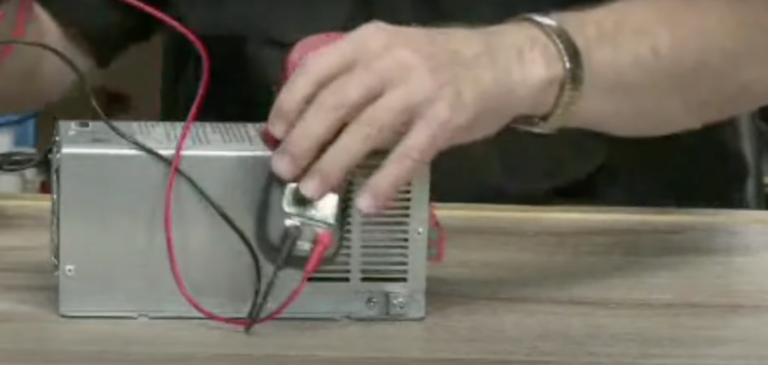
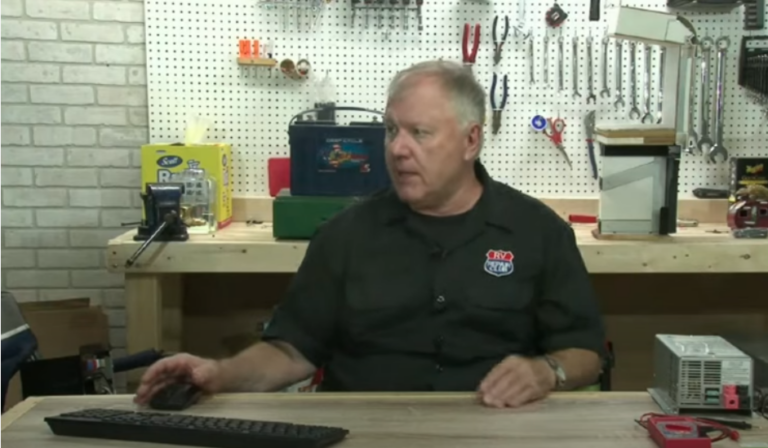
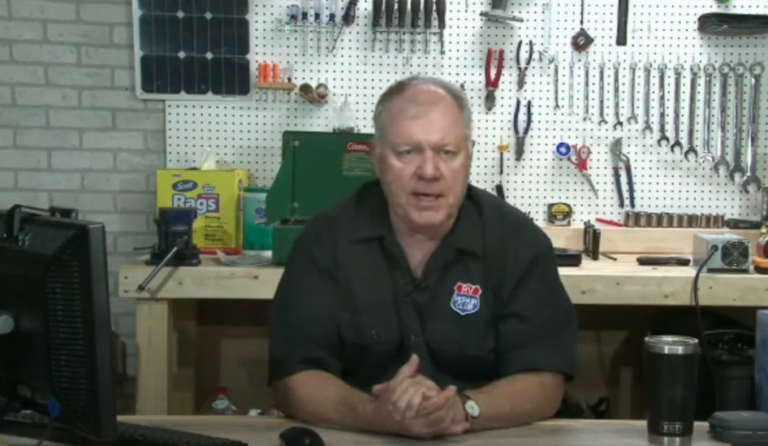
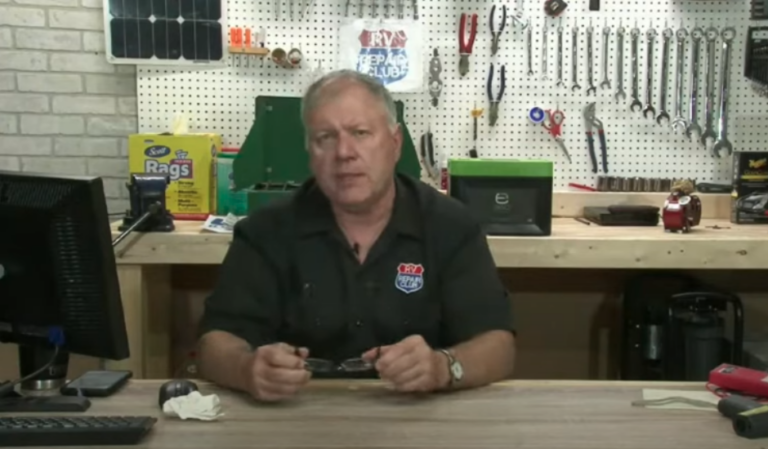
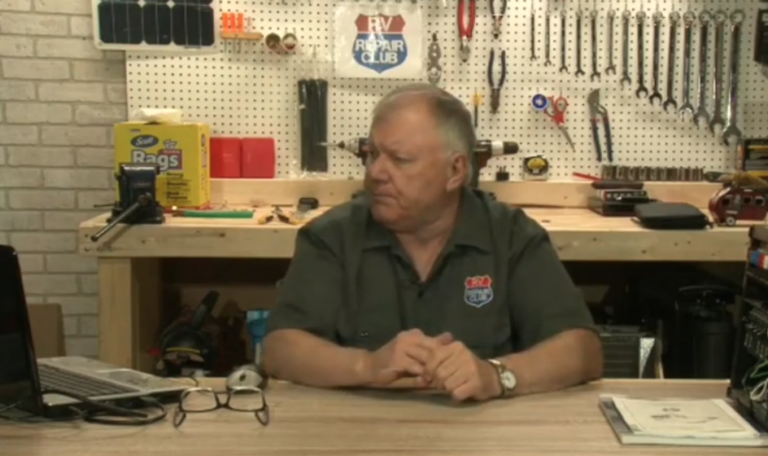
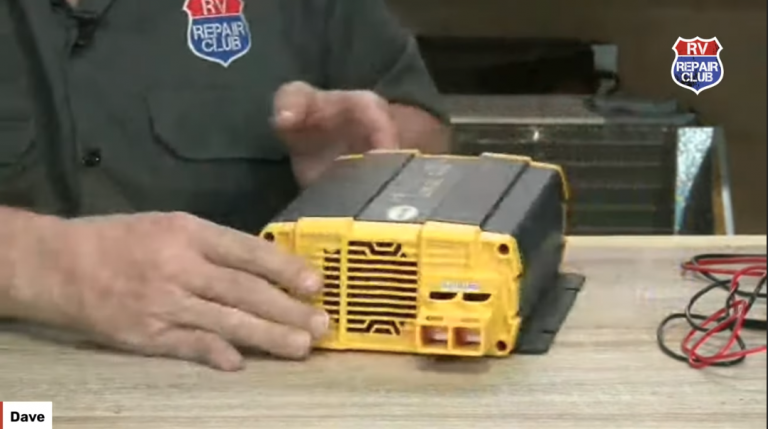
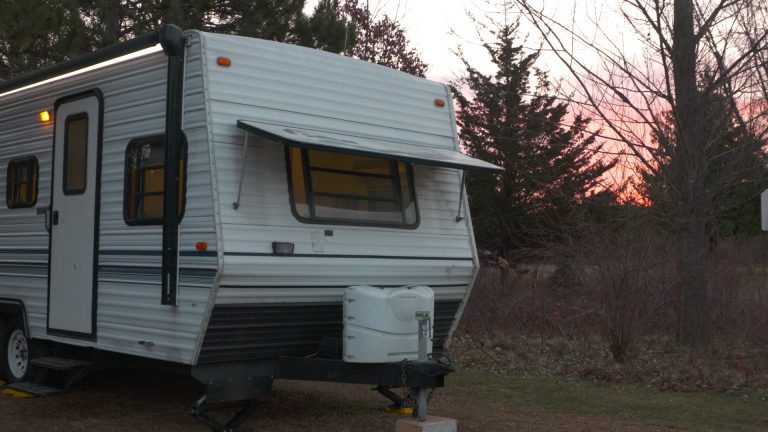
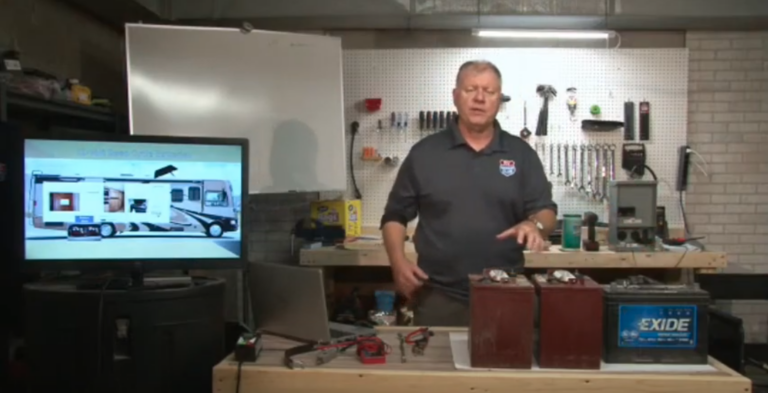
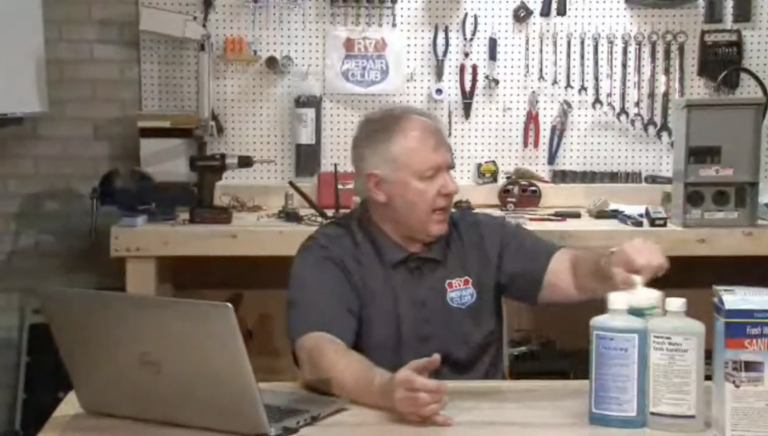
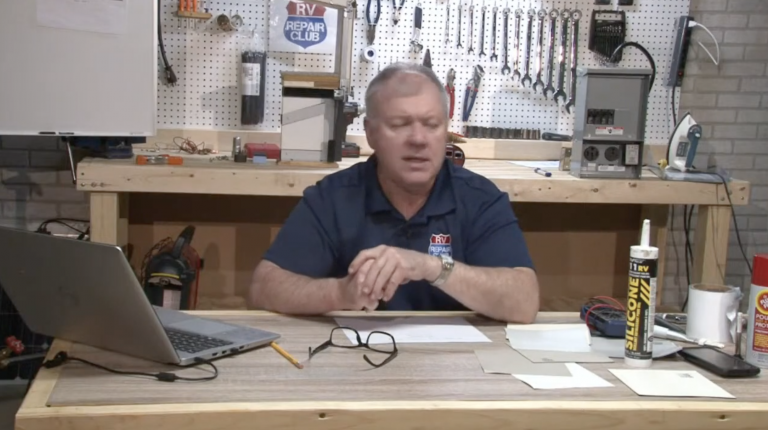
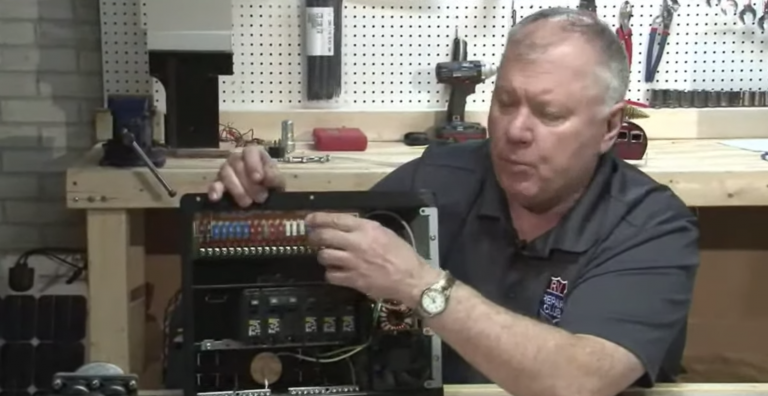
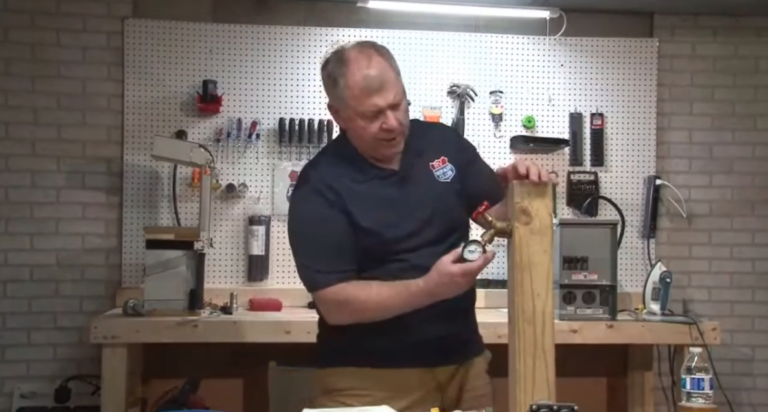

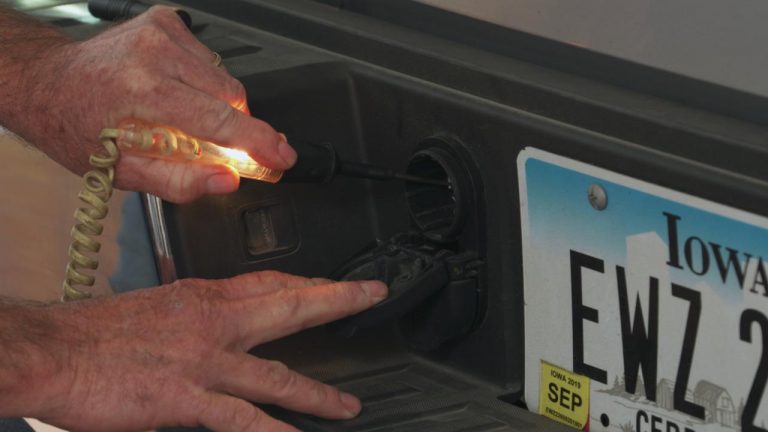


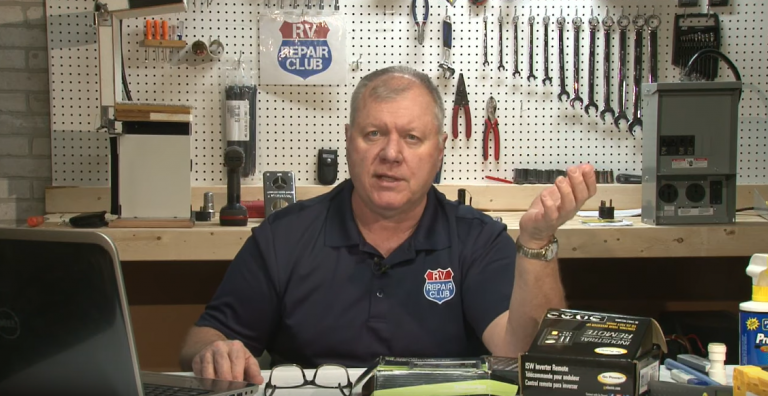

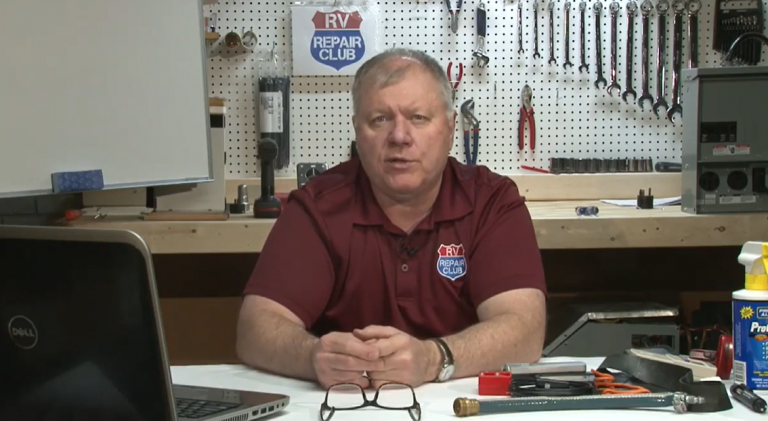
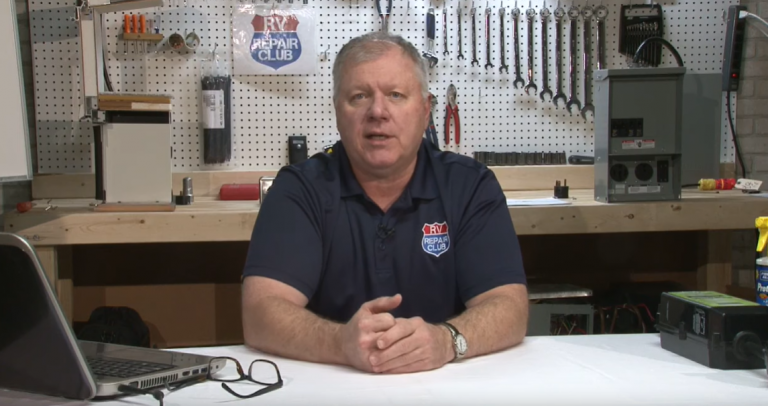

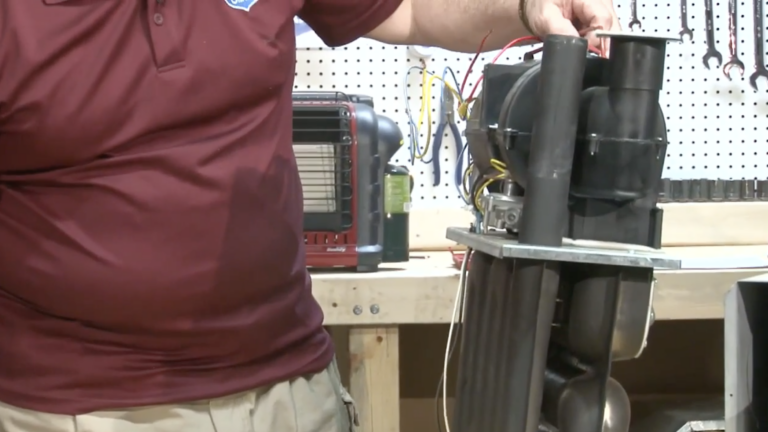
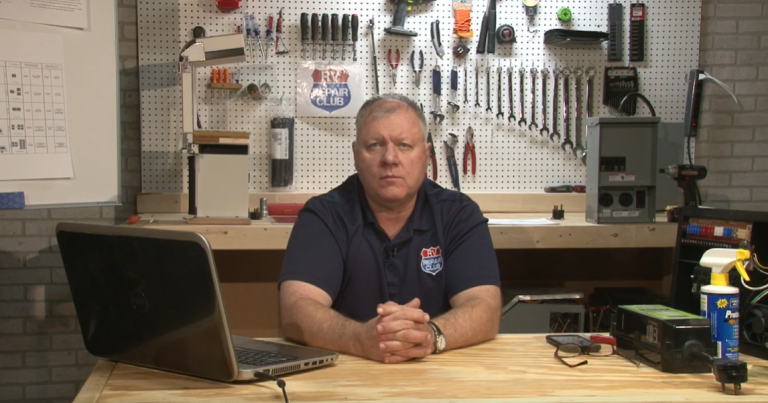

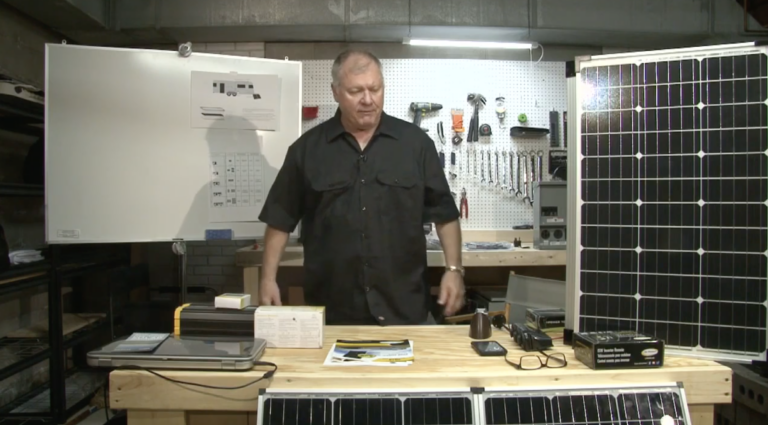
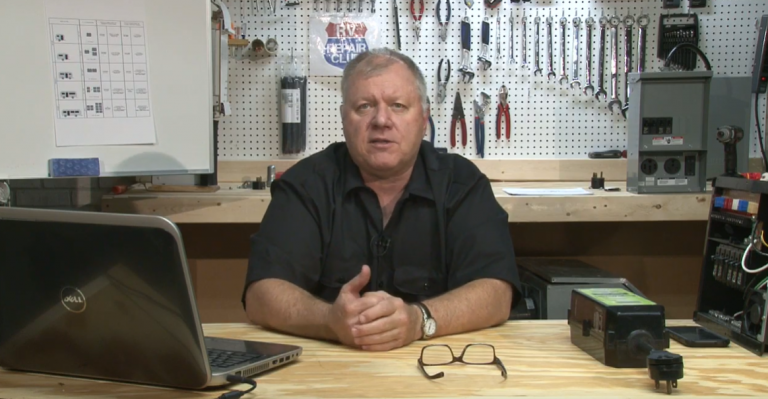
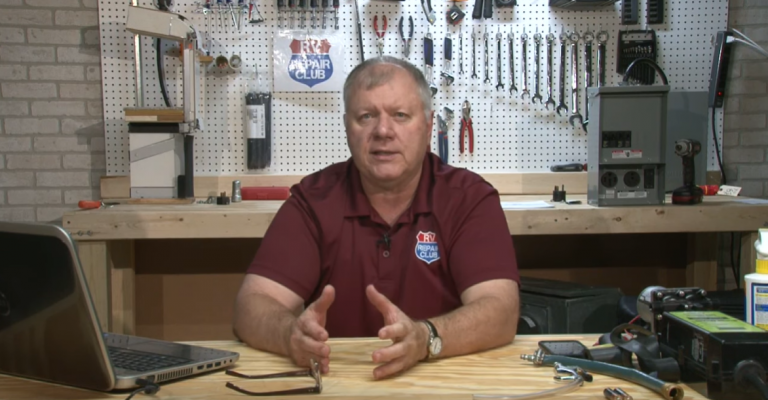

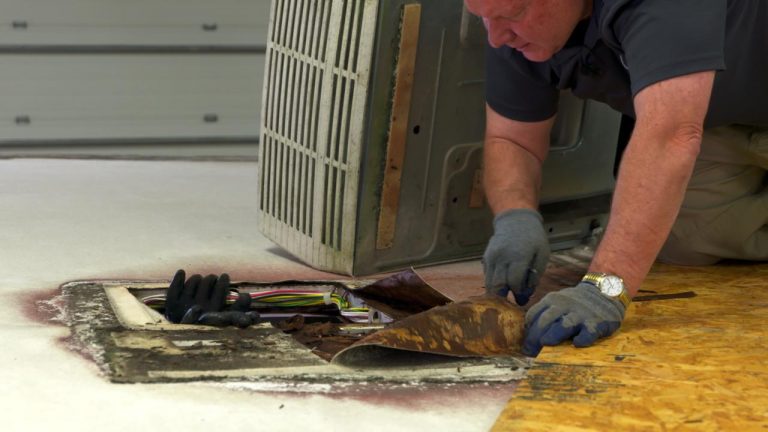
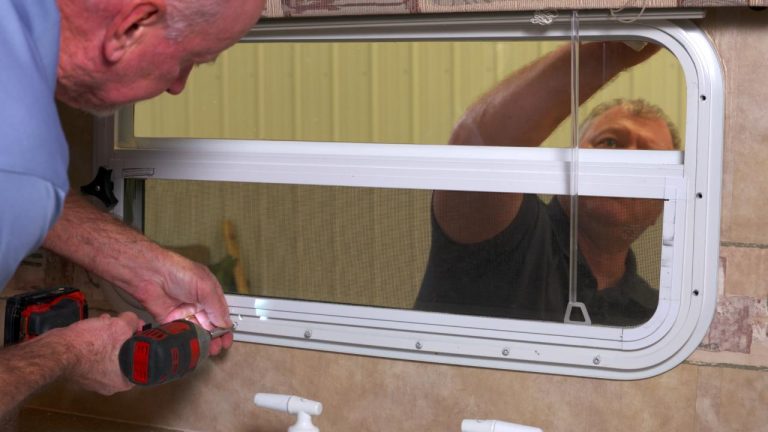
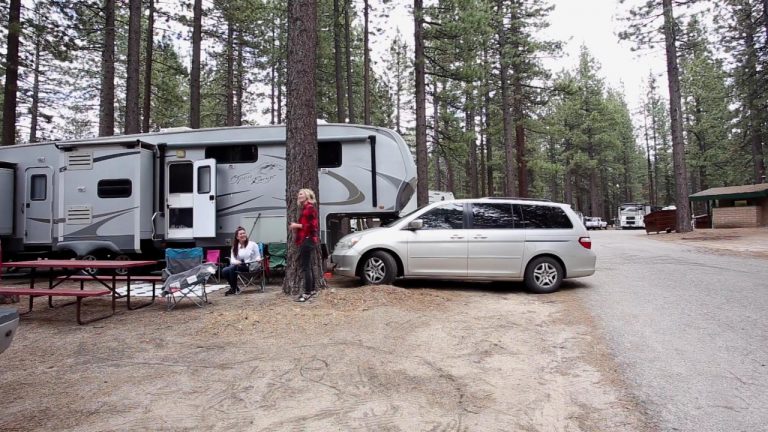
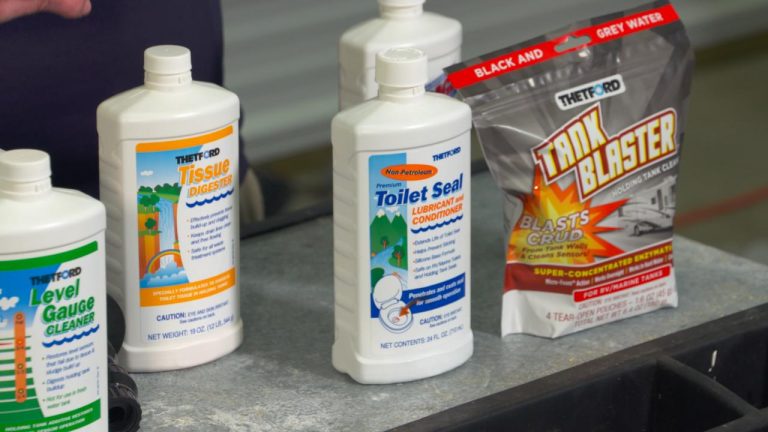
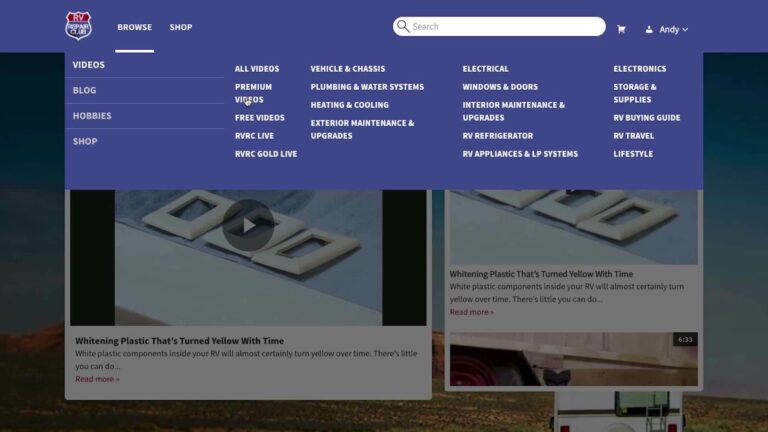
It's almost 2017; why is this video Flash-based?